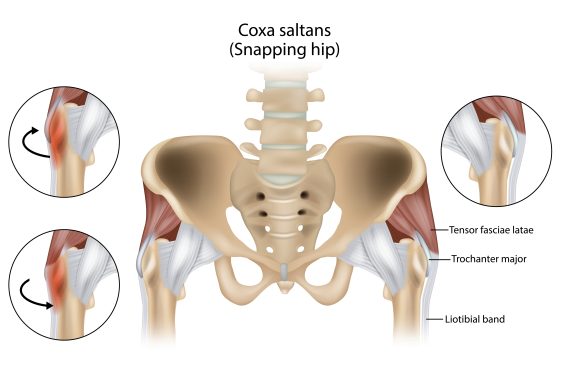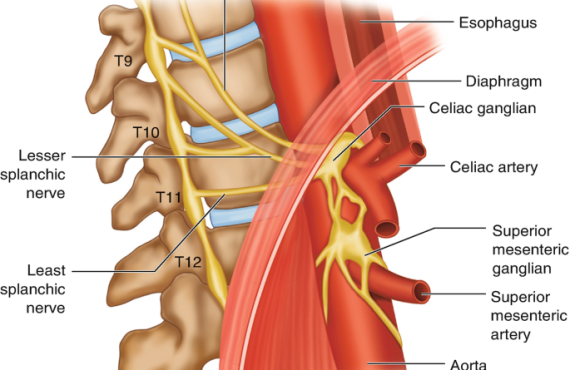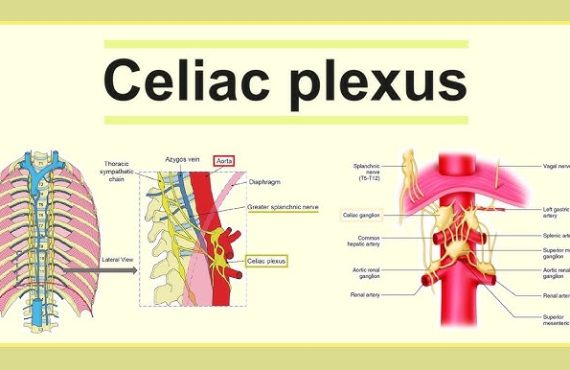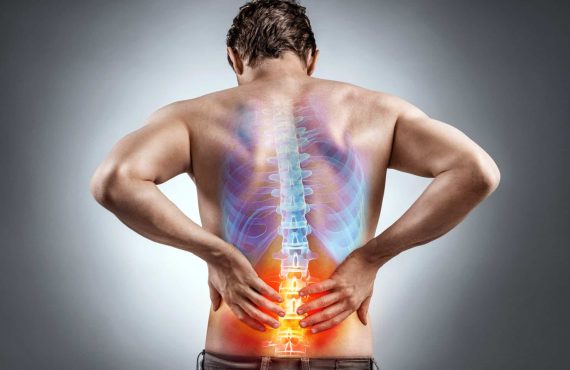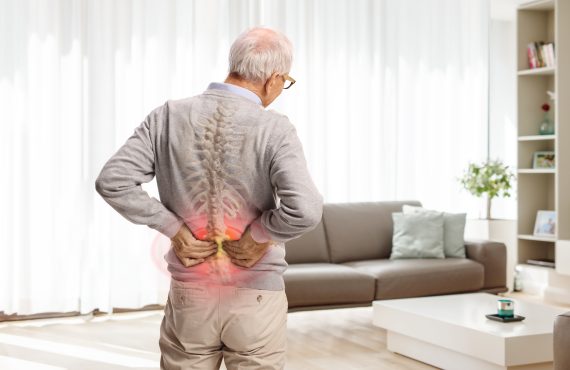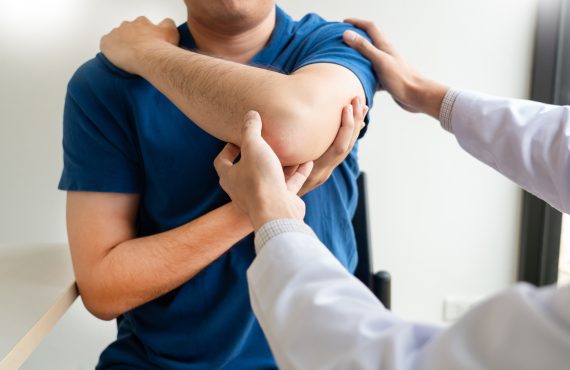Snapping hip syndrome is a condition where a person experiences a snapping or popping sensation in the hip during movement, often accompanied by discomfort or pain. This occurs when tendons
Treatment for celiac plexus pain typically begins with medications aimed at reducing inflammation and interrupting pain signals. These may include nonsteroidal anti-inflammatory drugs,opioids, or neuropathic pain medications. In some cases,
The celiac plexus is a complex network of nerves located in the upper abdomen, near the aorta and surrounding the main arteries that supply blood to the stomach, liver, kidneys,
Treatment for retrolisthesis usually starts with conservative, nonsurgical methods focused on relieving symptoms and improving spinal function. Physical therapy plays a central role by strengthening the core and back muscles,
Retrolisthesis is a spinal condition in which a vertebra moves backward relative to the vertebra below it. Unlike anterolisthesis, which involves forward slippage, retrolisthesis is characterized by a posterior displacement
Treatment for anterolisthesis typically begins with conservative approaches aimed at relieving pain, reducing inflammation, and improving spinal stability. Rest, activity modification, and physical therapy are often recommended to strengthen the
Anterolisthesis is a spinal condition characterized by the forward displacement of a vertebra in relation to the one beneath it. This slippage typically occurs in the lumbar (lower back) region
Treatment for a throwing injury of the shoulder generally begins with conservative measures aimed at reducing inflammation, relieving pain,and promoting healing of the affected tissues. Rest is crucial to allow
A throwing injury of the shoulder is a common type of overuse injury that typically affects athletes involved in sports that require repetitive overhead motions, such as baseball, tennis, or
Ethical concerns in pain management often arise when balancing the need to provide effective relief for patients while minimizing the risks associated with treatments. One significant issue is the prescription
The ketogenic (keto) diet is a high-fat, moderate-protein, low carbohydrate eating plan that shifts the body’s primary energy source from carbohydrates to fats. By drastically reducing carbohydrate intake, the body
Treatment for snapping hip syndrome typically begins with conservative approaches aimed at reducing discomfort and improving hip function. Rest and activity modification can help minimize irritation, especially for individuals whose

